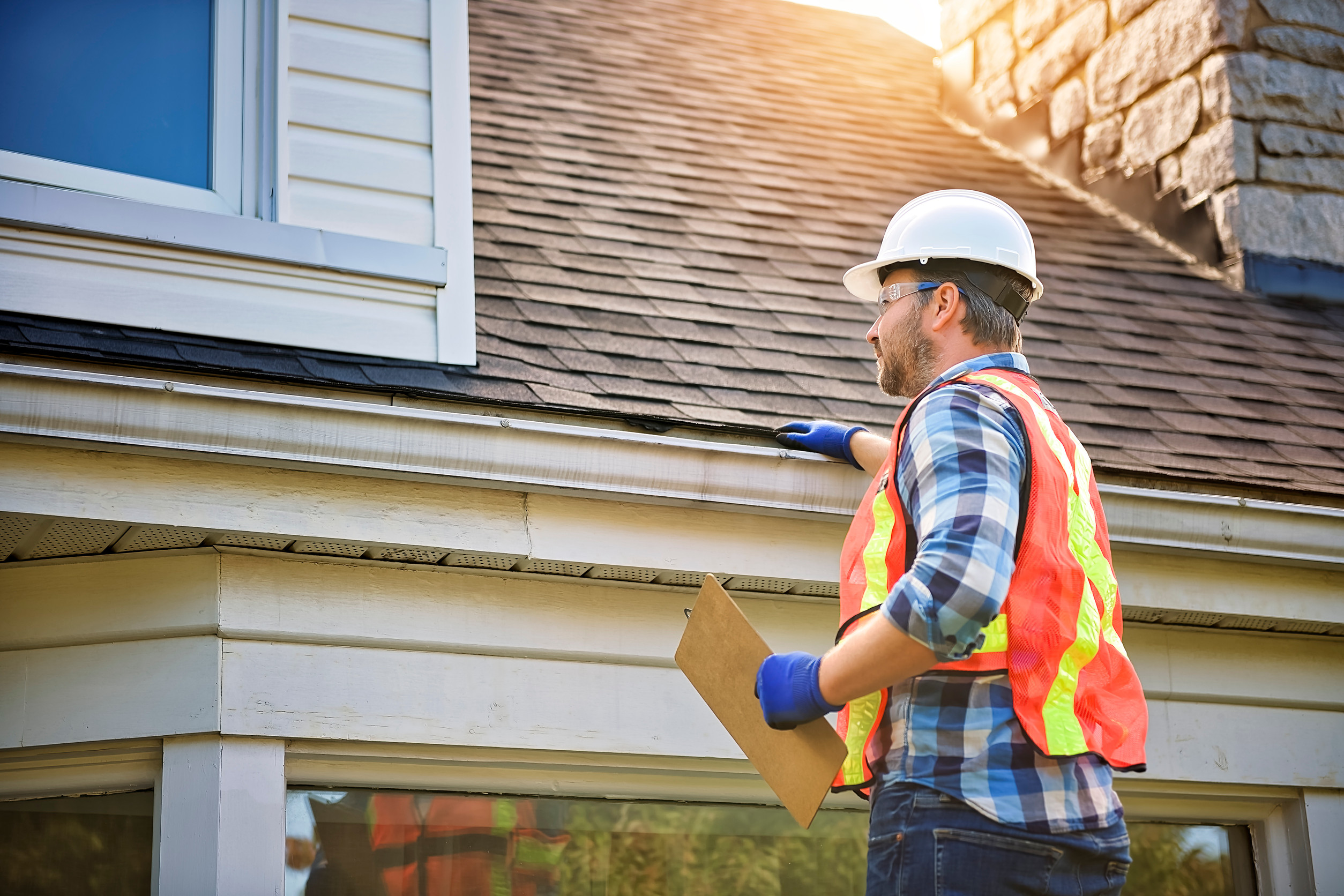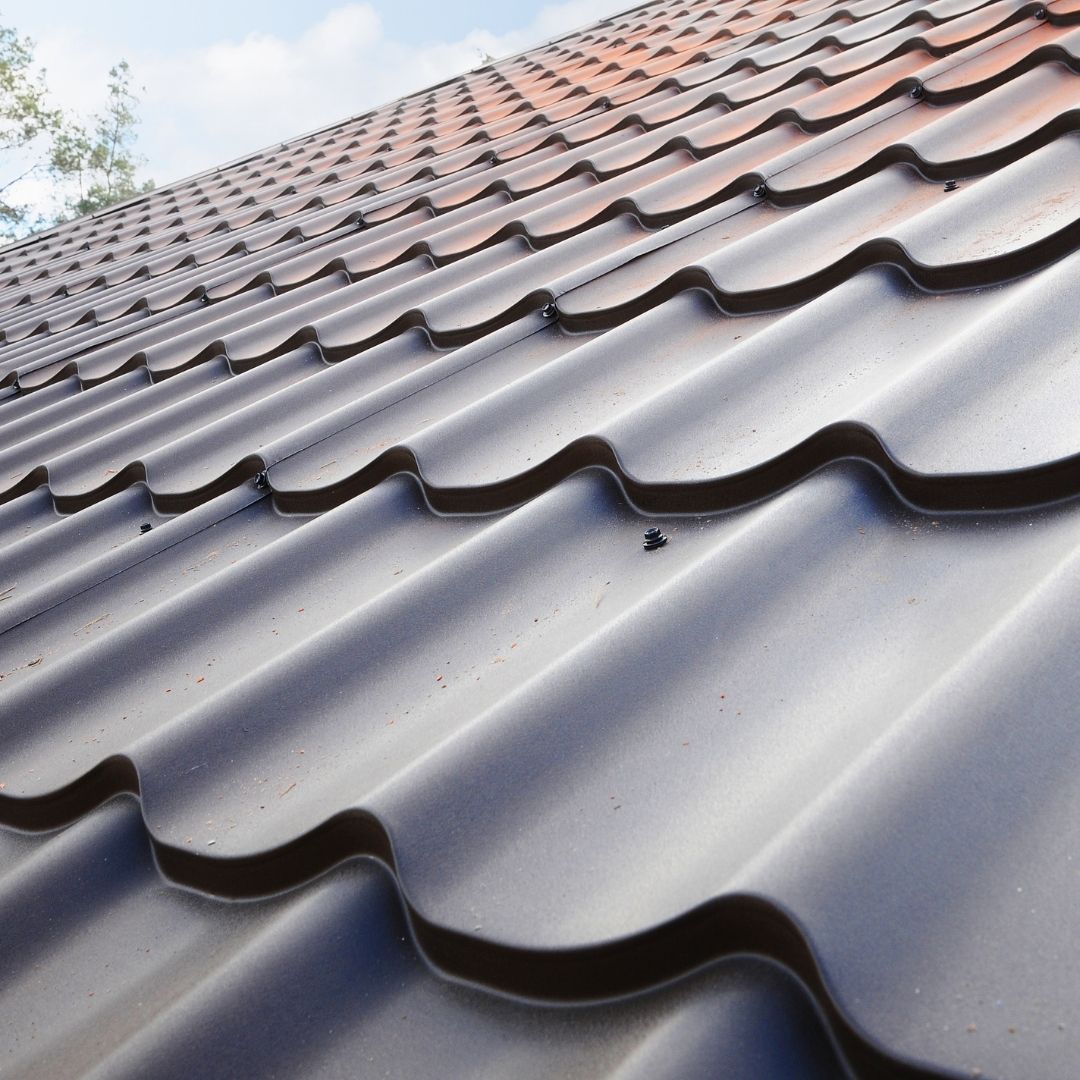What to Expect During a Roof Replacement
Embarking on a roof replacement is a significant home improvement project. It’s understandable to feel overwhelmed, but knowing what to expect can make the process smoother and more reassuring. Here’s a detailed walkthrough from planning through cleanup, complete with tips and links to RC Roofing’s services.
1. Planning & Pre-Project Phase
Scheduling & Material Selection
Once you've chosen your roofing material and contractor, the logistical planning begins. This includes permit applications, HOA approvals if needed, and coordinating dates with both the weather forecast and contractor availability. Good planning avoids delays and ensures a smooth start to the project.
Preparing Your Property
Clear your driveway and yard to keep work areas safe and accessible. Protect landscapes with plywood and tarps, and secure fragile items inside your home. Even vibrations from the workzone can cause unintended damage, so prepping interior and exterior spaces pays off.
Informing Neighbors
A new roof means noise, materials, and traffic. Letting your neighbors know in advance helps maintain good relationships—and avoids any surprises or concerns when the crew arrives early with generators or shingles.
2. Tear-Off & Deck Inspection
Removing the Old Roof
Your crew will begin by stripping away the existing roofing materials. For most residential homes, complete tear-off takes a day—but larger or more layered roofs may require more time.
Deck Evaluation & Repairs
After tear-off, the exposed decking is thoroughly inspected. Any rotted or damaged areas are replaced to ensure a solid foundation for the new roof. Fixing these problems now avoids future structural issues down the road.
3. Installation Begins
Underlayment & Flashing
Once the deck is repaired, a moisture-resistant underlayment is installed. Flashing, drip edges, and seals around vents and chimneys protect vulnerable points against water intrusion.
Installing Roofing Material
- Asphalt shingles typically take 1–3 days to install.
- Metal, tile, or slate roofing may require 3–10 days depending on complexity and size.
Whether it’s for your home (Residential Roofing) or business building (Commercial Roofing), RC Roofing ensures top-quality installations, tailored to the material and project scope.
4. Final Touches & Cleanup
Thorough Cleanup
Post-installation cleanup includes removing nails, debris, and leftover materials. Gutters and exteriors are checked for stray debris. RC Roofing prides itself on leaving your property clean—no mess to worry about.
Final Walkthrough & Inspection
A final walkthrough ensures everything is installed properly—from shingle alignment and flashing to ventilation and overall aesthetics. Any trouble spots or “punch list” items are addressed before closing the project.
5. Potential Delays & What Affects Timing
- Complex roof designs like dormers or steep pitches take longer.
- Bad weather can pause work due to safety or quality risks.
- Hidden damage discovered during tear-off may require additional repairs.
- Insurance claims for storm damage can slow progress due to inspections and paperwork.
Understanding these challenges helps set realistic expectations and keeps communication clear.
6. Your Homeowner Experience During Replacement
Noise and Vibration
Expect early starts and consistent hammering. Keep pets and children indoors during active work hours, and anticipate some disruption in daily routines.
Interior Impacts
Debris and dust may travel inside. Use coverings, secure fragile items, and store valuables away from high-traffic work zones.
Safety First
Roofing involves heights and heavy materials. It’s best to observe from a safe distance, especially for homes with steep pitches.
7. Post-Replacement Care & Maintenance
Quality Checks
Once the roof is installed, inspect during rain to ensure no leaks. Return to any areas of concern before the rain stops.
Regular Inspections
Get your roof inspected twice a year and keep an eye on early signs of deterioration with guidance from RC Roofing’s blog on inspection frequency: How Often Should You Inspect Your Roof?.
Document & Preserve Warranties
Keep invoices, contracts, and any warranty information. Ask about any coverage associated with materials or installation workmanship—they can be essential long-term.
8. Why This Experience Builds Trust... Not Just a Roof
Every project forge stronger relationships. Your replacement journey connects you with skilled professionals who understand expectations, handle challenges with finesse, and deliver on commitments. RC Roofing’s gallery shows real examples of care-driven results: View our Gallery.
For insights into other roofing considerations—like the best flat roof options or how to choose the right material—check out our thought leadership here:
- The Best Roofing Options for Flat Roofs
- Which Roofing Option Is Best
- How Long Does a Roof Replacement Take
The Bottom Line on "What to Expect During a Roof Replacement"
Roof replacement is significant but manageable. From initial planning through cleaning up and inspection, knowing each step helps you stay stress-free and confident in the results. You’ll benefit from a durable roof, improved curb appeal, and a home that’s protected and aesthetically refreshed.
Curious how it all applies to your property? Reach out to RC Roofing for expert advice, a personalized estimate, and service you can depend on—every step of the way, from start to finish.
Frequently Asked Questions: What to Expect During a Roof Replacement
1. How long will my roof replacement take?
For a standard-sized home with asphalt shingles, a full roof replacement typically takes 1 to 3 days. More complex roofing materials like metal, tile, or slate may require up to a week or more, depending on the roof’s size, design, and weather conditions.
2. Will tear-off and cleanup add more time?
Yes. The process usually begins with tearing off the old roof, inspecting and repairing the decking, then installing underlayment and flashings, followed by the new roofing material. Cleanup and final inspection complete the job. The efficiency of this sequence can affect the overall timeline significantly.
3. What should I do to prepare my home before replacement begins?
Clear driveways, remove outdoor items, secure delicate indoor décor, and notify neighbors in advance. This ensures safe and efficient access for the crew and helps protect your property during the noisy and dusty process.
4. Can the weather delay roof replacement?
Definitely. Rain, wind, or extreme temperatures can halt roofing work for safety and structural quality reasons. It's common for contractors to reschedule the job if the forecast looks unfavorable.
5. How disruptive will the process be for my family?
Roof replacement typically involves early starts and construction noise, so expect some disruption. It’s best to keep pets and kids in safe areas away from work zones. Inside, anticipate vibration and dust. RC Roofing takes care to minimize disruption and maintain cleanliness.
6. Will my roof remain watertight during replacement?
Yes. Professional roofing teams, like those at RC Roofing, secure the structure daily. They typically tarp off any exposed areas overnight and resume the following day, ensuring your home stays dry throughout.
7. Should I schedule a replacement after winter or a storm?
Absolutely. Inclement weather often causes hidden damage like leaks or weak decking. Spring or fall installation allows for safer conditions and helps ensure proper adhesive work on shingles, especially when installing asphalt roofing.
8. How can I verify the roof was installed correctly after it's done?
After the job is complete, do a final walkthrough with the contractor. Check for proper shingle alignment, secure flashing, good gutter connection, and clean work zones. You might also schedule a later inspection or follow-up to make sure everything remains sound.
9. Do I need to maintain the new roof after installation?
Yes. Regular maintenance—like clearing debris, inspecting flashing, and cleaning gutters—helps extend your roof’s lifespan. RC Roofing offers ongoing inspection guidance and maintenance services to protect your investment.
10. What should I do if my project is delayed or if I have concerns?
Stay in touch with your contractor. Delays happen, but communication ensures expectations stay realistic. RC Roofing keeps clients informed throughout, from planning to final cleanup, including any factors affecting timing.







